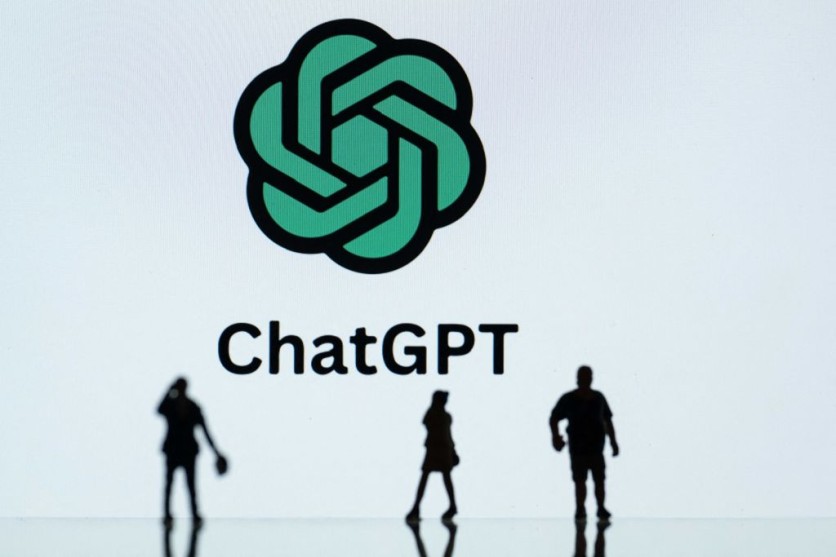China has reportedly humiliated and punished operators who are allowing the unauthorized use of OpenAI's ChatGPT, as anyone within the country must first have artificial intelligence services thoroughly screened and registered before being used publicly.
As US company OpenAI banned the use of its AI technologies on the mainland, Hong Kong, and Macau, China's internet authority identified and publicly embarrassed a few agents who were found to be providing local access to ChatGPT.
Throughout the first half of this year, several website operators received penalties from the Cyberspace Administration of China (CAC) and other local authorities for providing unauthorized access to generative AI (GenAI) services on the mainland, like ChatGPT.
The CAC's decision demonstrates its commitment to upholding domestic AI regulations, which were implemented in August of last year and require all AI services to undergo government screening and registration before being made accessible to the general public.

(Photo : SEBASTIEN BOZON/AFP via Getty Images)
A recent study suggests that ChatGPT might have an edge over humans in delivering laughs.
Virtual private networks, however, have been used by certain developers and businesses to circumvent these regulations and gain access to unregistered GenAI services.
For providing ChatGPT services "without going through a safety assessment," the CAC's branch in the southwest city of Chongqing identified Nanchuan District Rongcheng Network Technology Studio, which operates more than ten websites nationally, in a statement released on Monday.
The Chongqing CAC branch called in studio representatives and gave them the order to stop ChatGPT access right away.
According to the CAC, the owners of the AI writing platform Yizigpt.com, the gaming website Kukupao.com.cn, and the hard-to-find online legal services provider Lvshifuwuwang were found in violation of the law for neglecting to filter content that contained unlawful information derived from undisclosed GenAI services.
According to the regulator, the operators received "administrative punishment," a phrase for non-criminal infractions that carries a risk of penalties, business closure, or incarceration of individuals responsible for the offense.
OpenAI Ban on China
The crackdown coincides with OpenAI's announcement that it will begin preventing access to its API in "unsupported countries and territories" on July 9. OpenAI's restriction extends to US-sanctioned nations like Iran, North Korea, and Russia in addition to the mainland, Hong Kong, and Macau.
One of the main reasons behind this restriction is reportedly the technological rivalry between the US and China, which is causing Asia's powerhouse to terminate relations with OpenAI as the split widens. With OpenAI's newest crackdown on VPNs that continue to use its technology in China, ChatGPT was outlawed and rendered inoperable due to firewall blocking.
China and AI pose a danger to global technology, particularly in light of the East Asian superpower's significant advancements in the field and the well-known firms that are driving them.
Chinese Alternatives to ChatGPT
Many technologies and experiences that depend on OpenAI's AI models lost access and functionality when the business first restricted China's access to its API (application programming interface). But one business is already trying to make a bigger splash in the nation; Baidu unveiled Ernie 4.0 Turbo AI, ChatGPT's well-known competitor.
In the past, the Chinese government has taken action against ChatGPT and OpenAI, preventing users from accessing them through a firewall and preventing them from using government-issued equipment. With the help of VPNs, Chinese engineers were able to get around these restrictions, but OpenAI's most recent updates will also target backdoor access and spoofing of location.
Related Article : OpenAI GPT-4o Mini Now Available to Consumers, Developers

ⓒ 2025 TECHTIMES.com All rights reserved. Do not reproduce without permission.




